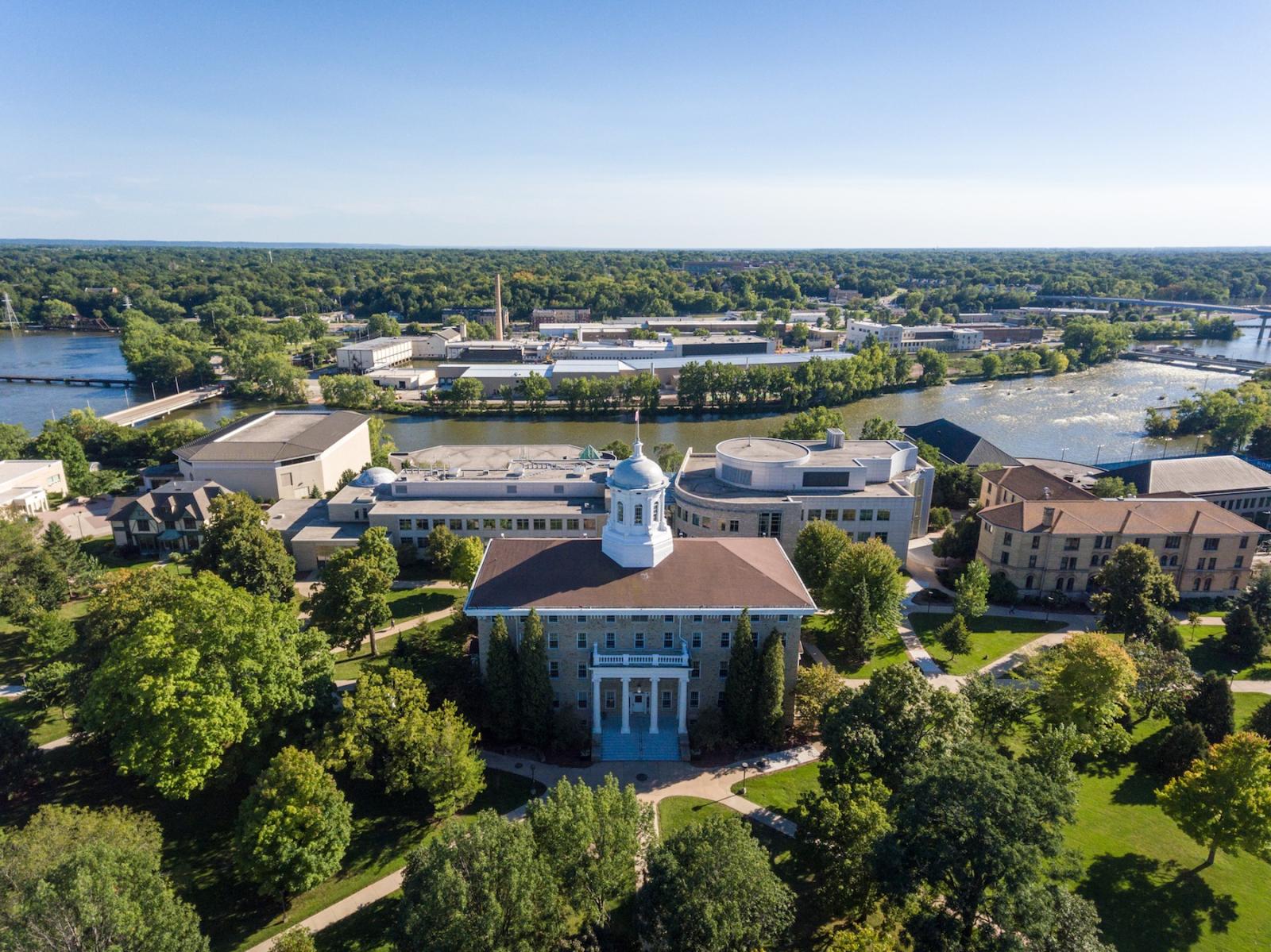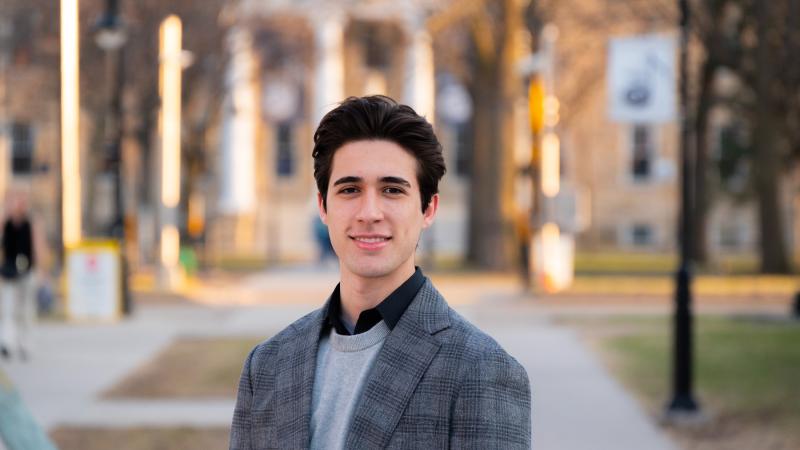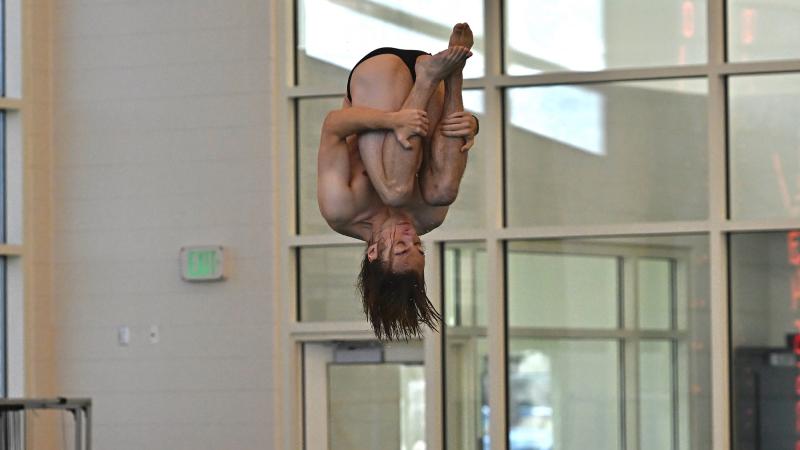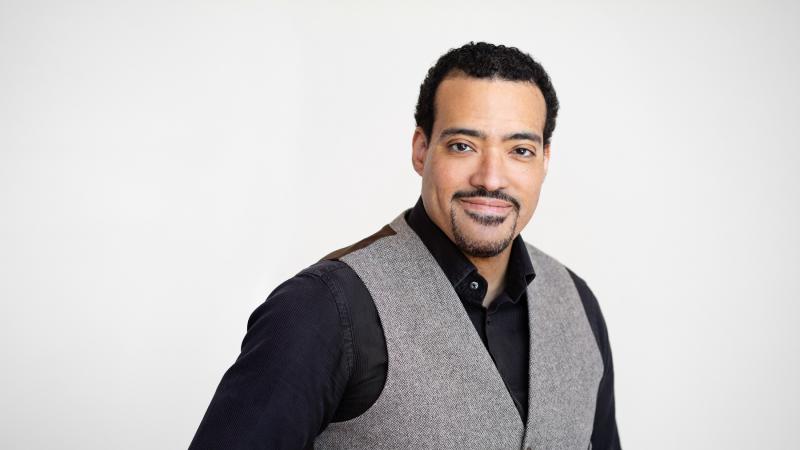Six Lawrence University students and three recent Lawrence graduates have advanced to the semifinalist round for a prestigious U.S. Fulbright Student Award.
The semifinalists will now wait to hear whether they will be named grantees—announcements will roll out between March and June.
Being named a semifinalist is a huge honor, said Claire Kervin, assistant professor of English and director of fellowships advising. She called the Fulbright one of the most prestigious and widely recognized scholarships in the world.
“Nine is an exciting number, a number on par with many much larger institutions,” Kervin said. “The high number of Fulbright semifinalists from Lawrence reflects the intellectual achievement and cultural curiosity of our student body.”
Fellowships offer funding and support for research, travel, graduate study, service projects, and more.
This year’s semifinalists follow last year’s group, which saw seven Lawrentians reach the semifinal stage and two eventually receive Fulbright awards.
Fulbright awards offer U.S. citizens the opportunity to study, teach English, or conduct research abroad for nine to 12 months.
Lawrence’s semifinalists include:
- Derartu Ahmed ’22: research award in global health in Ghana;
- Gunner Bauer, senior: English teaching assistant award to Ukraine (since that program is now canceled, he is being considered for Poland instead);
- Claire Hoy ’17: English teaching assistant award to Uruguay;
- Sidney (Sid) Short, senior: English teaching assistant award to Switzerland;
- Madeline Taylor, senior: research award in environmental science to Wales, United Kingdom;
- Iyanu Osunmo, senior: English teaching assistant award to Estonia;
- A.J. Ulwelling, senior: English teaching assistant award to Georgia;
- Jonathan Hogan, senior: research award in sociology to Namibia;
- Spencer Washington ’21: English teaching assistant award to Germany.
Kervin said the applications from Lawrentians showcase an eagerness to explore the world across cultures and academic disciplines, a reflection of the liberal arts approach that is so central to the Lawrence experience.
“Our students are eager to engage with the world, and Fulbright, with its mission to foster mutual understanding between nations, gives them a chance to share their passions while learning from the people of their chosen host country,” Kervin said.
The process for applying is lengthy and requires commitment. Applicants must write a detailed proposal outlining their plans for a research project, teaching and community involvement, or graduate study. They also must write a personal statement that offers a snapshot of who they are.
“This process is undoubtedly challenging, but applicants learn to synthesize their experiences into a coherent story about who they are, what matters to them, and what they can offer to the world,” Kervin said. “Whether or not they receive a Fulbright, this is a valuable skill.”
A Fulbright fellowship covers a wide range of territory. It can support graduate study, teaching abroad, or an independent research project or artistic endeavor. Regardless of the particulars, every Fulbright is intended to support cultural exchange and create greater mutual understanding between nations.
Kervin leads a Fulbright Committee at Lawrence that interviews applicants and prepares endorsement materials.
The Fulbright Program is funded through an annual appropriation made by the U.S. Congress to the U.S. Department of State. Participating governments and host institutions, corporations, and foundations around the world also provide direct and indirect support to the program, which operates in more than 160 countries worldwide.




